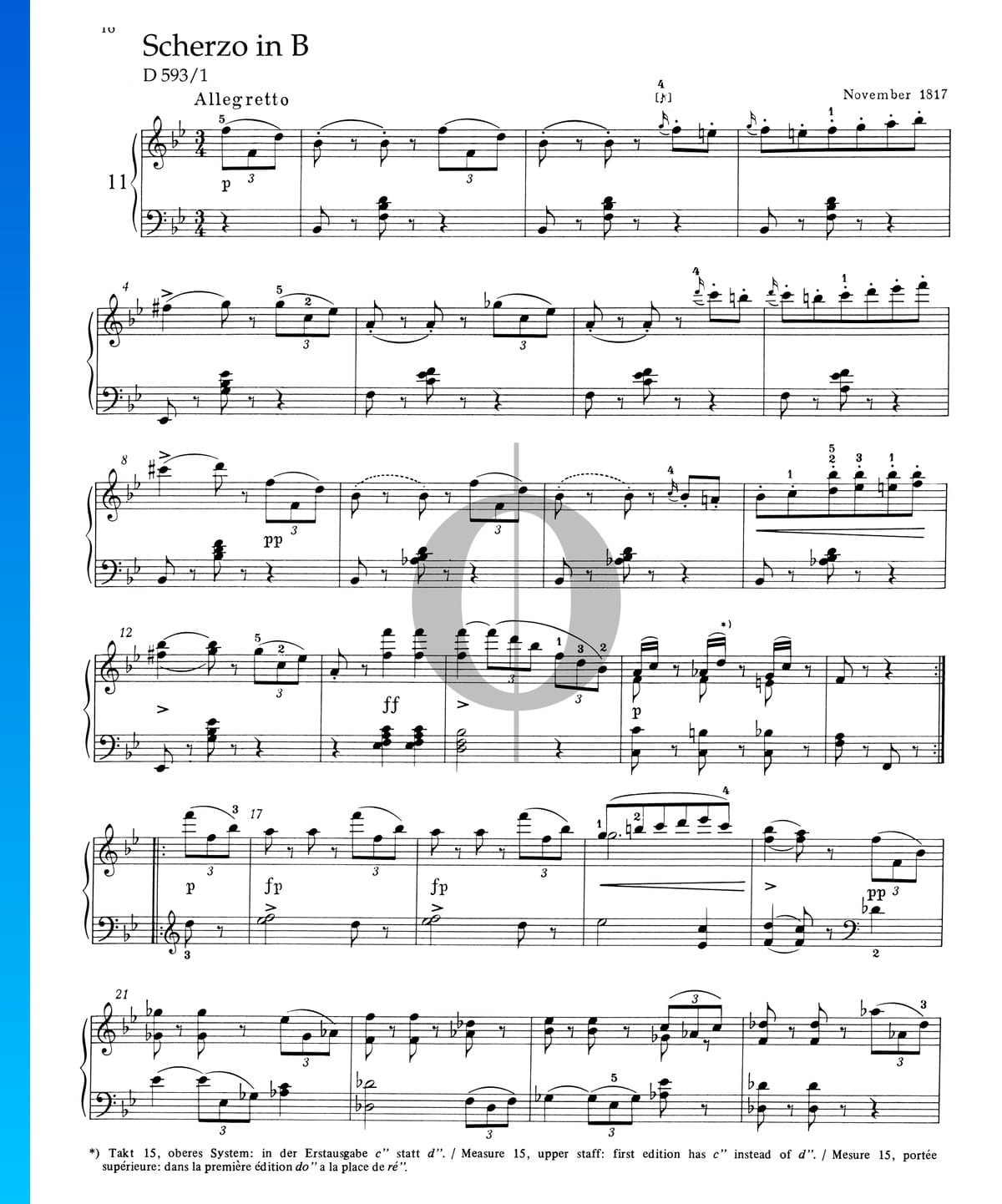

Composers like Franz Liszt, Robert Schumann and Felix Mendelssohn discovered, collected, and championed his works in the 19th century, as did musicologist Sir George Grove. Interest in Schubert's work increased dramatically in the decades following his death. He died at the age of 31 of "typhoid fever", a diagnosis which was vague at the time several scholars suspect the real illness was tertiary syphilis. In the last year of his life he began to receive wider acclaim. He made some money from published works, and occasionally gave private musical instruction. He was never able to secure adequate permanent employment, and for most of his career he relied on the support of friends and family. While Schubert had a close circle of friends and associates who admired his work (amongst them the prominent singer Johann Michael Vogl), wide appreciation of his music during his lifetime was limited at best. Schubert was born into a musical family, and received formal musical training through much of his childhood. He is particularly noted for his original melodic and harmonic writing. He wrote some 600 Lieder, nine symphonies (including the famous "Unfinished Symphony"), liturgical music, operas, some incidental music, and a large body of chamber and solo piano music. Franz Peter Schubert (German pronunciation: Janu– November 19, 1828) was an Austrian composer.


 0 kommentar(er)
0 kommentar(er)
